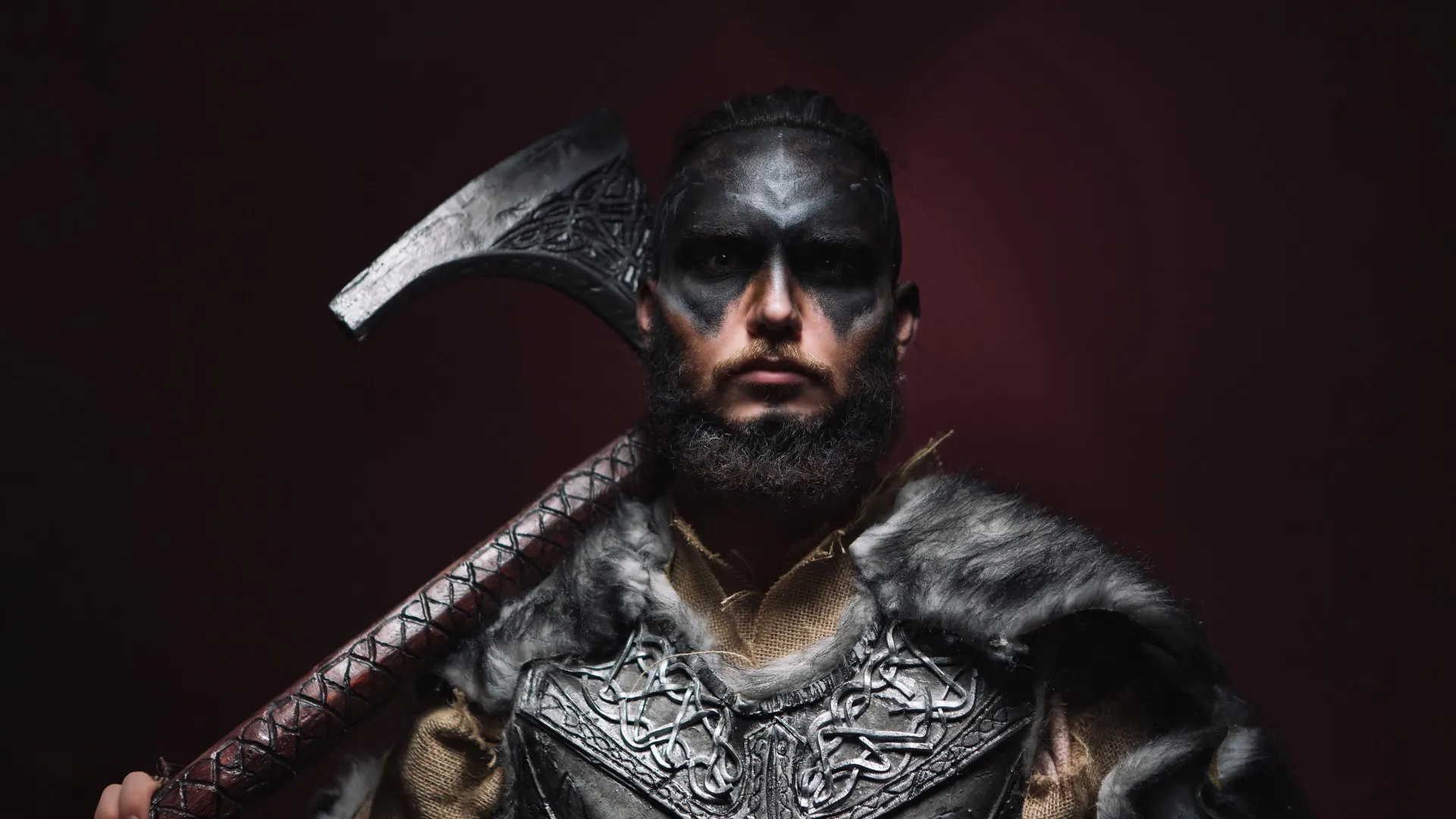Science
Scholars Challenge Myths Surrounding Viking History and Culture

A growing body of scholarship suggests that many commonly accepted beliefs about Vikings and Old Norse paganism lack solid grounding in historical fact. Scholars from the Cluster of Excellence “Religion and Politics” at the University of Münster, including Roland Scheel and Simon Hauke, are working to untangle centuries of reinterpretation that have shaped modern perceptions of these historical figures.
According to Scheel, the narratives surrounding the Viking Age, which is generally considered to span from the 8th to the 11th century, are largely derived from medieval sources written by Christian scholars. These accounts were produced well over a century after the Viking Age ended and are often colored by the authors’ own cultural contexts. “Besides brief runic inscriptions, no written texts from the original period have been preserved,” Scheel explains. This scarcity of direct evidence leaves ample room for reinterpretation and misrepresentation.
Modern depictions of Vikings often center around heroic images—fearless adventurers, powerful fighters, and skilled seafarers. Yet, Scheel points out that these portrayals can overshadow a more complex reality. “The surviving texts represent ‘memorialized history’ only,” he states, emphasizing that much of what many believe about paganism is shaped by contemporary media, including films and video games.
Vikings are frequently credited with a unique warrior culture and an unusually favorable status for women compared to other societies of the time. This idealized image, which persists in popular culture and neo-pagan movements today, contrasts sharply with narratives about other historical events, such as the Crusades, which are often viewed through a more critical lens.
The research conducted by Scheel and Hauke delves into how medieval interpretations of Norse mythology have evolved and influenced contemporary identity. For example, the Council of Europe’s Viking Cultural Route presents a vision of Viking heritage as a unifying aspect of European identity, showcasing various historical sites across the continent.
Hauke highlights the impact of artistic representations, noting that many modern ideas about Norse mythology stem from Richard Wagner’s opera, “The Ring of the Nibelung.” The character of the Valkyrie, portrayed by Wagner as a strong, feminine warrior, has become emblematic in various cultural contexts, including metal music and gaming. However, Hauke clarifies that the original role of Valkyries in Old Norse sources is much more nuanced. “Valkyries assume very different roles, including serving as barmaids in the afterlife,” he explains. The diversity of these figures has often been simplified in modern adaptations.
The project led by Scheel and Hauke, entitled “Paganisations: Memorialised Paganism as an Element of Scandinavian and European Identities,” aims to explore the long history of how Scandinavian paganism has been interpreted across time. The upcoming conference, “Imagining Nordic Paganism: Cultural Memories and Scholarly Thought Since the Middle Ages,” will feature talks by international experts, including scholars from various disciplines, further enriching the discussion surrounding these historical narratives.
Through their research, Scheel and Hauke aim to shed light on how perspectives on Scandinavian paganism have been manipulated for political ends throughout history. A notable example is the appropriation of Norse mythology by the Volk movement and the National Socialists, who misused medieval texts to promote their racial ideologies. While some connections to right-wing extremism remain, the contemporary reception of Norse mythology is diverse, encompassing a wide array of interpretations and interests.
The ongoing exploration of these themes reveals not only the complexity of Viking history but also the ways in which cultural narratives are constructed and reconstructed across time. As scholars continue to unravel these stories, the implications for identity and cultural understanding remain profound.
-

 Lifestyle4 months ago
Lifestyle4 months agoLibraries Challenge Rising E-Book Costs Amid Growing Demand
-

 Sports4 months ago
Sports4 months agoTyreek Hill Responds to Tua Tagovailoa’s Comments on Team Dynamics
-

 Sports4 months ago
Sports4 months agoLiverpool Secures Agreement to Sign Young Striker Will Wright
-

 Lifestyle4 months ago
Lifestyle4 months agoSave Your Split Tomatoes: Expert Tips for Gardeners
-

 Lifestyle4 months ago
Lifestyle4 months agoPrincess Beatrice’s Daughter Athena Joins Siblings at London Parade
-

 Science3 months ago
Science3 months agoSan Francisco Hosts Unique Contest to Identify “Performative Males”
-

 World4 months ago
World4 months agoWinter Storms Lash New South Wales with Snow, Flood Risks
-

 Science4 months ago
Science4 months agoTrump Administration Moves to Repeal Key Climate Regulation
-

 Business4 months ago
Business4 months agoSoFi Technologies Shares Slip 2% Following Insider Stock Sale
-

 Science4 months ago
Science4 months agoNew Tool Reveals Link Between Horse Coat Condition and Parasites
-

 Sports4 months ago
Sports4 months agoElon Musk Sculpture Travels From Utah to Yosemite National Park
-

 Science4 months ago
Science4 months agoNew Study Confirms Humans Transported Stonehenge Bluestones









